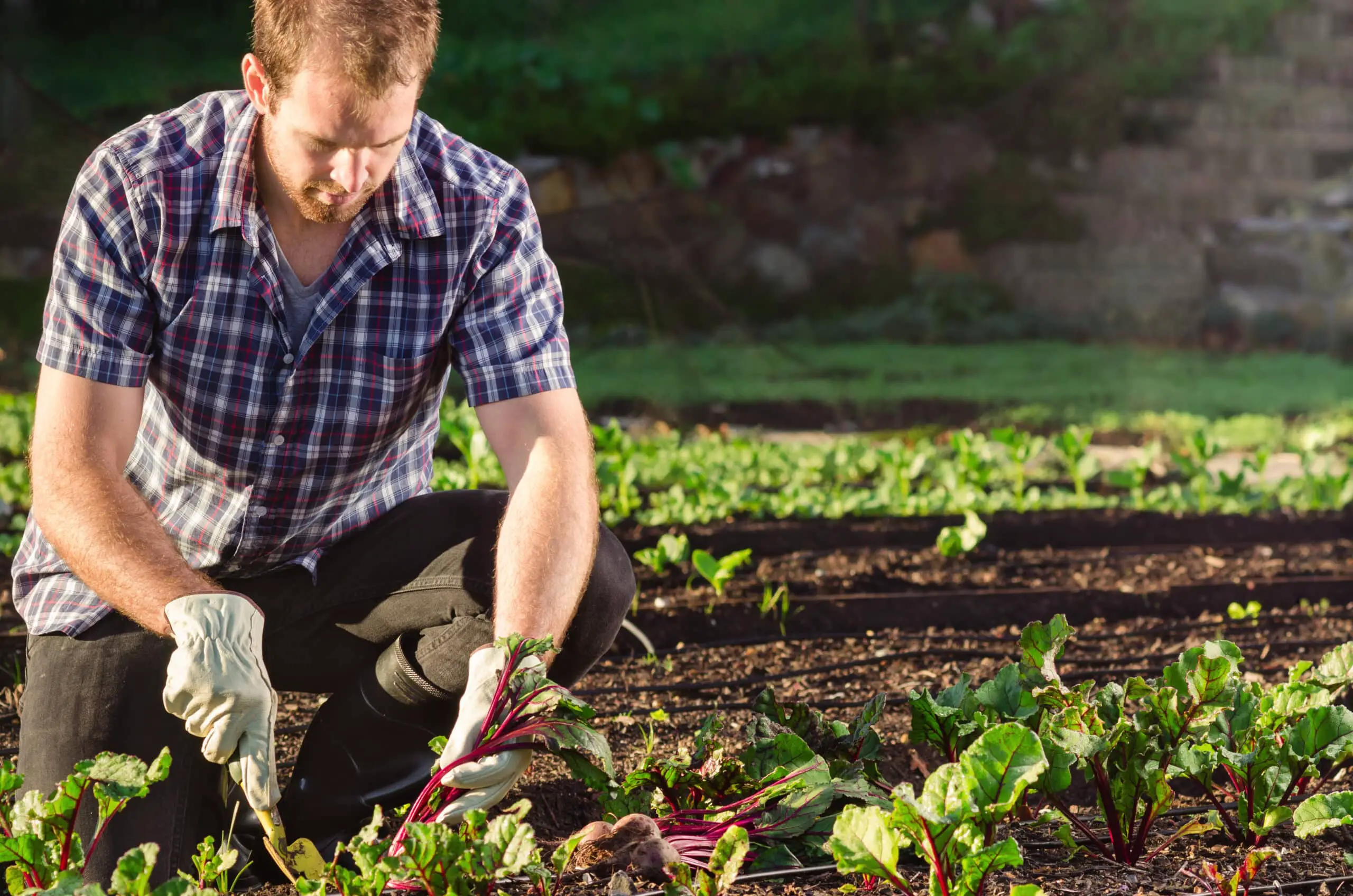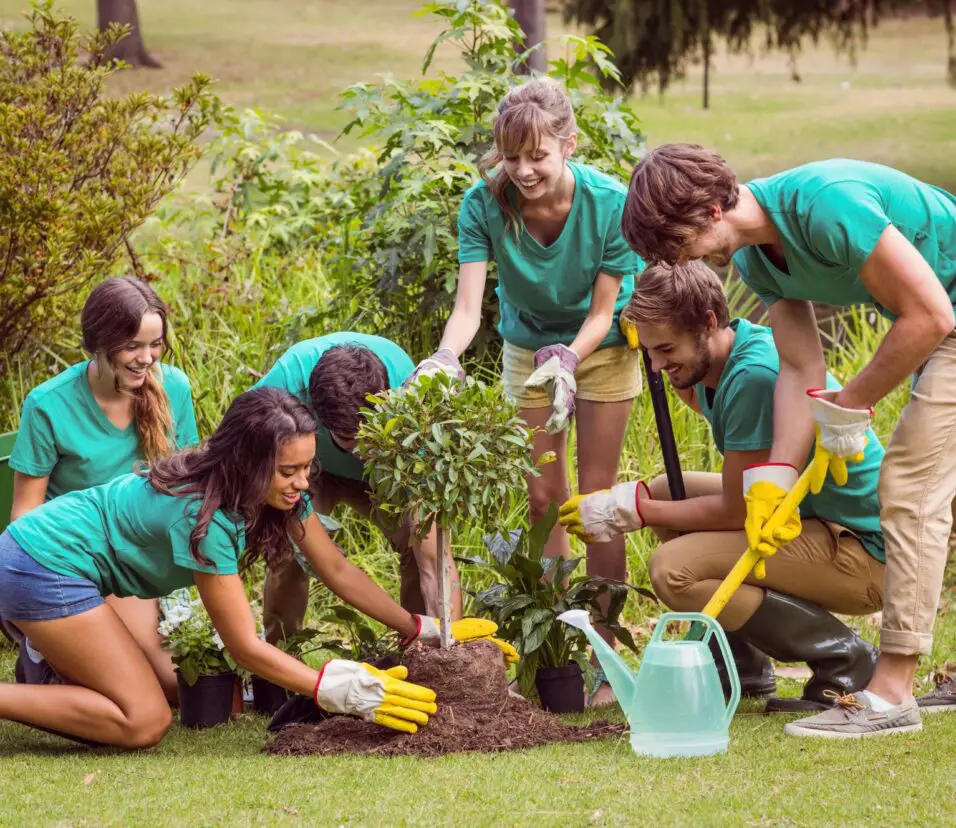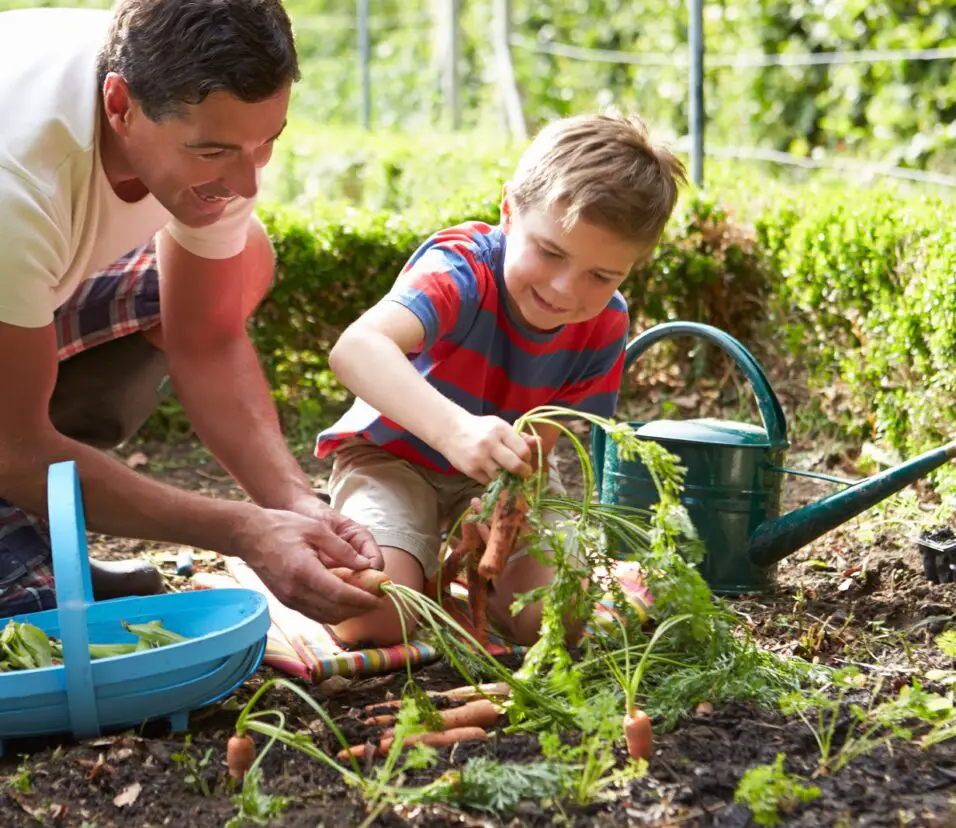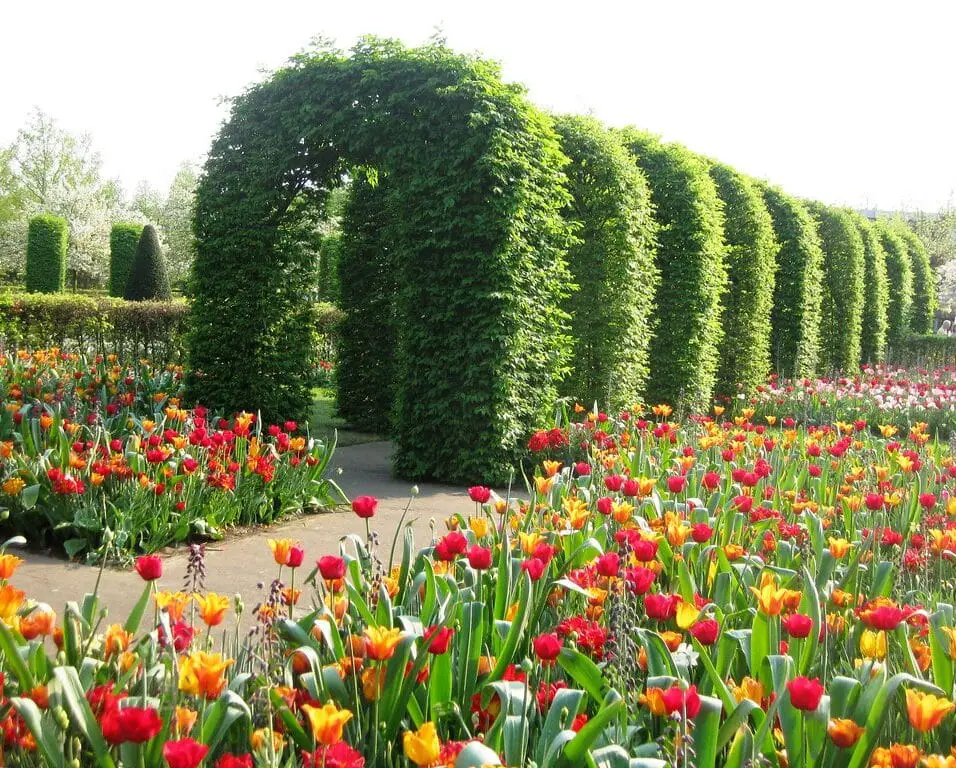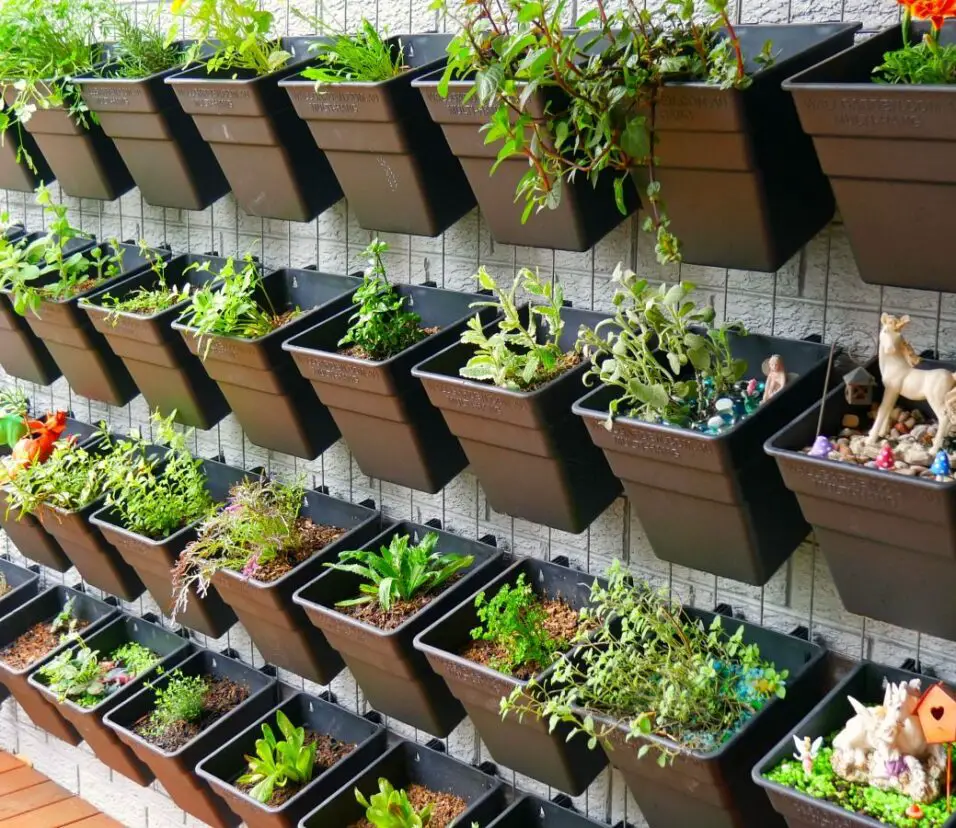What Is A Master Gardener
Introduction
What Is A Master Gardener: A master gardener is an individual who has completed a comprehensive training program in horticulture and gardening techniques. These individuals are passionate about plants and have a deep understanding of how to cultivate and care for them. They are often volunteers who share their knowledge and expertise with the community through various educational programs and activities.
The master gardener program was first established in the United States in the 1970s as a way to extend the reach of the agricultural extension service. The program was designed to train individuals in horticulture and gardening so that they could assist with answering questions and providing advice to home gardeners. Since its inception, the program has grown and expanded to include thousands of master gardener outdoors across the country.
Master gardeners undergo an intensive training program that covers a wide range of topics, including plant biology, soil science, pest management, and landscaping. They learn about different types of plants, their growth requirements, and how to diagnose and treat common plant diseases and pests. The training also includes hands-on experience in gardening techniques, such as planting, pruning, and composting.
Master gardeners must donate a set number of hours each year to teach the community after completing the training program. They may participate in activities such as answering gardening questions at local events, leading workshops and classes, or maintaining community gardens. Their goal is to educate and empower individuals to become successful gardeners and to promote sustainable gardening practices.
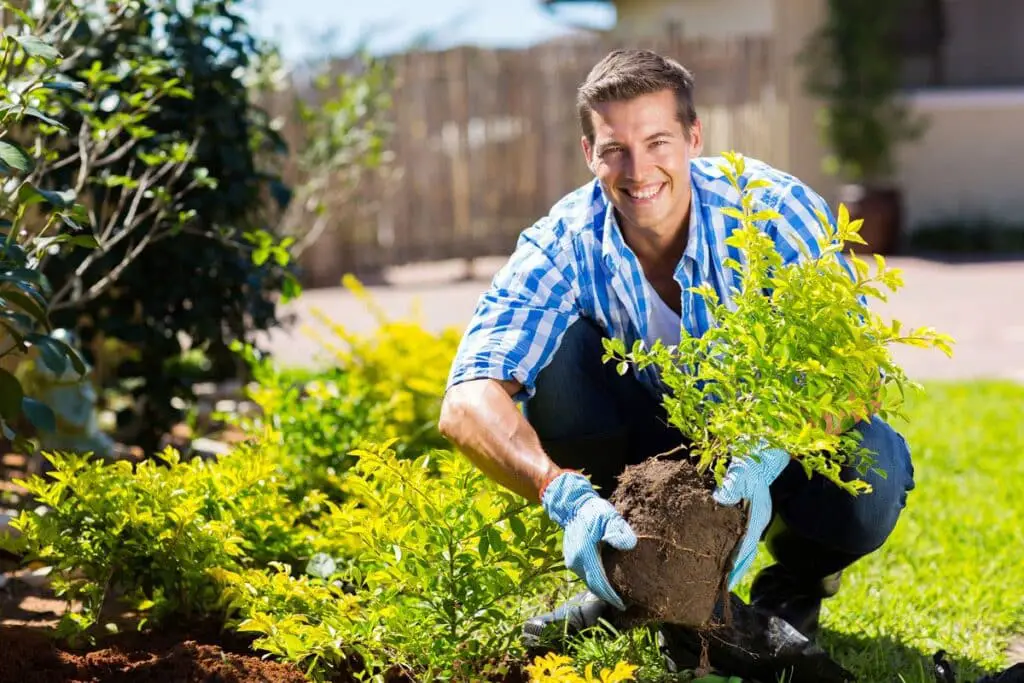
What is the term for a Master Gardener?
Thus, Master Gardeners are often termed Extension Master Gardeners. Master Gardeners want to teach and coach other gardeners and be a community resource for gardening expertise.
Master Gardeners have completed extensive horticulture and gardening instruction. This curriculum is frequently provided by universities, extension services, or gardening education organizations. “”Master Gardener”” distinguishes advanced gardeners from beginners.
Taking lessons and passing an exam are usual requirements for Master Gardener certification. These classes address plant biology, soil science, pest control, and landscape design. The program teaches how to cultivate and care for plants in various contexts.
Many Master Gardeners must volunteer a specified number of hours each year after passing the training program and exam. Volunteering may involve answering public gardening queries, helping with community gardening projects, or giving gardening education talks.
A “”Master Gardener”” is a person who dedicates themselves to gardening instruction and community service, not a professional title. It allows gardeners to showcase their skills and meaningfully contribute to the community. They are known for their gardening education and community involvement and their great gardening skills.
What is a garden master?
GARDEN MASTER slow-release fertilizer works on all gardens. It combines minerals, organic matter, and commercial fertilizers.
A garden master is an expert in gardening and landscaping. They are experts in landscape design, planning, and maintenance. Many residential, commercial, and public locations engage garden masters to design and maintain beautiful and effective gardens.
Garden masters plan and design gardens. They collaborate with clients to understand their wants, needs, and budget. These details inform their garden designs, which include layout, plant choices, walkways, water features, and seats. To ensure the garden design fits the location, the garden master considers soil type, climate, and sunshine exposure.
After finalizing the garden design, the garden master oversees its implementation. They supervise a team of gardeners and landscapers to build the garden to design. The garden master oversees tree, shrub, and flower planting and hardscape installation such fences, walls, and patios. They also maintain the garden’s irrigation and drainage.
After finishing the garden, the garden master is vital to its upkeep. To keep the garden healthy and lively, they provide regular maintenance. This involves trimming, fertilizing, watering, and insect control. The garden master also checks for illness and damage and takes action.
A garden master creates, plans, and manages outdoor environments. They know plants, landscaping, and garden care well. A garden master can make any outdoor place beautiful and functional, from a backyard garden to a huge public park.
How do I become a Master Gardener in Canada?
There are various processes and qualifications to become a Canadian Master Gardener. Volunteers in the Master Gardener program learn horticulture and share it with the community. Gardeners can improve their abilities and advance horticulture.
First, Master Gardener programs are offered by different organizations in different Canadian provinces. Different organizations have different needs and application processes. To acquire accurate and current information, investigate and contact your province’s organization.
A extensive training program is required to become a Master Gardener. This program usually includes seminars and workshops on plant identification, soil management, pest control, and sustainable gardening. To increase learning, the training program may involve hands-on experience and practical assignments.
Volunteer hours are frequently required after training. Community gardening information is shared during these volunteer hours. For Master Gardener certification, persons may need to pass an exam or assessment after training and volunteering. This exam usually measures training program knowledge and skills. Those who pass the exam become Master Gardeners and earn a certificate or badge.
What is a female gardener called?
Did you know that a female gardener is called a. Gardenerette. Or a Gardengal. One term that is often used to describe a female gardener is horticulturist. A horticulturist is someone who specializes in the cultivation and management of plants, including flowers, fruits, vegetables, and trees. They have a deep understanding of plant biology and use their knowledge to create and maintain beautiful gardens and landscapes.
Another term that is sometimes used to describe a female gardener is landscape architect. A landscape architect is a professional who designs outdoor spaces, including gardens, parks, and public areas. They work closely with clients to create functional and aesthetically pleasing landscapes, and they often oversee the implementation of their designs.
In addition to these specific terms, many female gardeners simply refer to themselves as gardeners or landscapers. They take pride in their work and are passionate about creating and maintaining beautiful outdoor spaces. Whether they are tending to a small backyard garden or working on a large-scale landscaping project, female gardeners play a vital role in enhancing the beauty and functionality of outdoor spaces.
What is a better name for a gardener?
A gardener is someone who takes care of plants and maintains a garden. They are responsible for planting, watering, pruning, and overall upkeep of the plants and flowers in a garden. They play a crucial role in ensuring that the garden remains healthy and beautiful.
When it comes to finding a better name for a gardener, it is important to consider the various aspects of their job and the skills they possess. A gardener is not just someone who plants and waters plants; they are also knowledgeable about different types of plants, their growth patterns, and the specific care they require. They have a deep understanding of soil composition, fertilizers, and pest control methods.
Another option could be a “”landscape designer.”” This name emphasizes the creative aspect of a gardener’s job, as they often play a role in designing and planning the layout of a garden. They consider factors such as color schemes, plant combinations, and overall aesthetics to create visually appealing outdoor spaces.
To become a master gardener, individuals must meet certain qualifications and undergo specific training. The qualifications typically include a passion for gardening and a desire to share knowledge with others. Many programs also require applicants to have a basic understanding of horticulture and gardening principles.
The training to become a master gardener varies by program, but it generally involves a combination of classroom instruction and hands-on experience. Participants learn about various topics such as plant identification, soil health, pest management, and sustainable gardening practices. They also receive training on how to effectively communicate and educate others about gardening. Overall, becoming a master gardener requires dedication, a willingness to learn, and a commitment to promoting gardening knowledge and practices within the community.
How does a master gardener differ from a regular gardener or landscaper?
A master gardener differs from a regular gardener or landscaper in terms of their level of expertise and training. While a regular gardener or landscaper may have basic knowledge and skills in gardening and landscaping, a master gardener has undergone extensive training and education in horticulture. They have typically completed a master gardener certification program, which includes classroom instruction, hands-on training, and passing an examination.
One of the key differences between a master gardener and a regular gardener or landscaper is the depth of their knowledge. Master gardeners have a deep understanding of plant biology, soil science, pest management, and sustainable gardening practices. They are able to provide expert advice and guidance on a wide range of gardening topics, including plant selection, soil preparation, pruning techniques, and disease prevention.
Master gardeners also use these gardens to conduct workshops and educational programs for the public. The training to become a master gardener varies by program, but it generally involves a combination of classroom instruction and hands-on experience. Participants learn about various topics such as plant identification, soil health, pest management, and sustainable gardening practices. They also receive training on how to effectively communicate and educate others about gardening.
What are the main responsibilities and duties of a master gardener?
A master gardener is responsible for a wide range of tasks related to gardening and horticulture. Their main duties include providing expert advice and guidance to individuals and communities on various gardening topics, such as plant selection, soil management, pest control, and sustainable gardening practices. They often work in collaboration with local extension offices, universities, and other gardening organizations to promote education and outreach programs.
One of the key responsibilities of a master gardener is to conduct research and stay updated on the latest gardening techniques and trends. They should be experts in plant biology, soil science, and pest management and help others succeed in gardening. They may also host workshops, seminars, and demos to impart their knowledge.
Can you provide examples of projects or initiatives that master gardeners typically undertake?
Another initiative that master gardeners often undertake is the creation and maintenance of demonstration gardens. These gardens are designed to showcase different types of plants, landscaping styles, and gardening techniques. They serve as living laboratories where visitors can see firsthand how certain plants grow and interact with their environment. Master gardeners also use these gardens to conduct workshops and educational programs for the public. The training to become a master gardener varies by program, but it generally involves a combination of classroom instruction and hands-on experience. Participants learn about various topics such as plant identification, soil health, pest management, and sustainable gardening practices. They also receive training on how to effectively communicate and educate others about gardening.
How can a master gardener contribute to the community or promote sustainable gardening practices?
In addition to education, master gardeners can actively participate in community gardening projects. They can collaborate with local schools, community centers, and non-profit organizations to establish and maintain community gardens. These gardens not only provide fresh produce to the community but also serve as educational spaces where people can learn about sustainable gardening techniques and the importance of biodiversity.
Master gardeners can contribute to the community by volunteering their time and skills in public parks, botanical gardens, and other green spaces. They can assist in the maintenance and beautification of these areas, ensuring that they are sustainable and environmentally friendly. By engaging in activities such as planting native species, creating wildlife habitats, and implementing water-efficient irrigation systems, master gardeners can help create and maintain green spaces that benefit both the environment and the community.
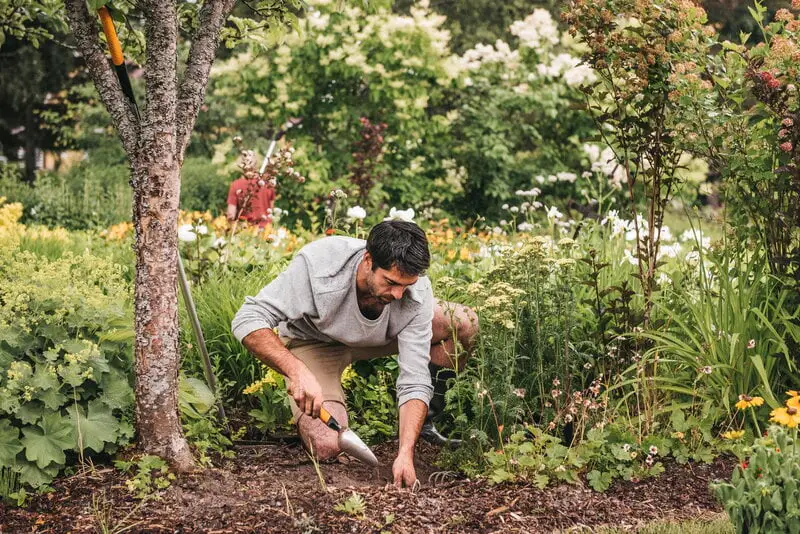
Conclusion
A master gardener is an individual who has completed a comprehensive training program in horticulture and gardening techniques. This program equips them with the knowledge and skills necessary to provide expert advice and assistance to home gardeners and the community. Master gardeners are often volunteers who dedicate their time and expertise to promote sustainable gardening practices and educate others about the benefits of gardening.
One of the key roles of a master gardener is to serve as a resource for home gardeners. They can answer questions, provide guidance on plant selection and care, and offer solutions to common gardening problems. Whether it’s identifying a pest or disease, recommending the best plants for a specific climate, or offering tips on organic gardening methods, master gardeners are a valuable source of information for both novice and experienced gardeners.
In addition to their knowledge, master gardeners also play a crucial role in community outreach and education. They often organize workshops, seminars, and gardening events to share their expertise with the public. By teaching others about the joys and benefits of gardening, master gardeners help to foster a sense of community and promote environmental stewardship.



